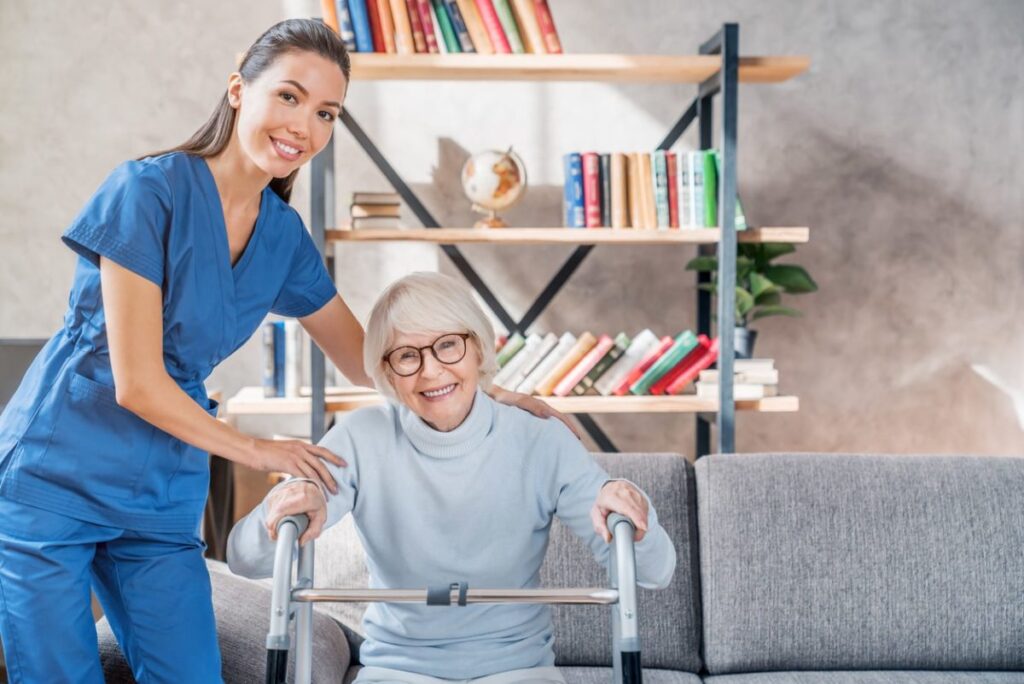Personal care assistance (PCA) services provide assistance and support for persons with disabilities, living independently in the community.

PCA services are provided in the Minnesota Health Care Programs (MHCP) member’s home or in the community when normal life activities take him or her outside the home.

The personal care assistance (PCA) program helps people with common daily activities so that they can be more independent in their homes and communities. Most PCA services are at home, but they can also help people wherever their daily activities take them, like the supermarket, at work, or at the library.
PCA services are for people who get Medical Assistance (MA) benefits, or waiver and need help with the types of physical care and other supports that a personal care assistant performs.
Press button below and we’ll start the process to check their eligibility.
These are services that provide the level of assistance, supervision and care that is necessary to ensure the health and safety of the person.
Its simple. You can either click this link here – referral or you can email us directly and we can go from there:
We aspire to be a renowned healthcare provider. We believe in valuing and lifting each client the second they walk through our doors!
Monday – Friday
08 : 00 AM – 05 : 00 PM
1516 W Lake St Suite 224 Minneapolis, MN 55408